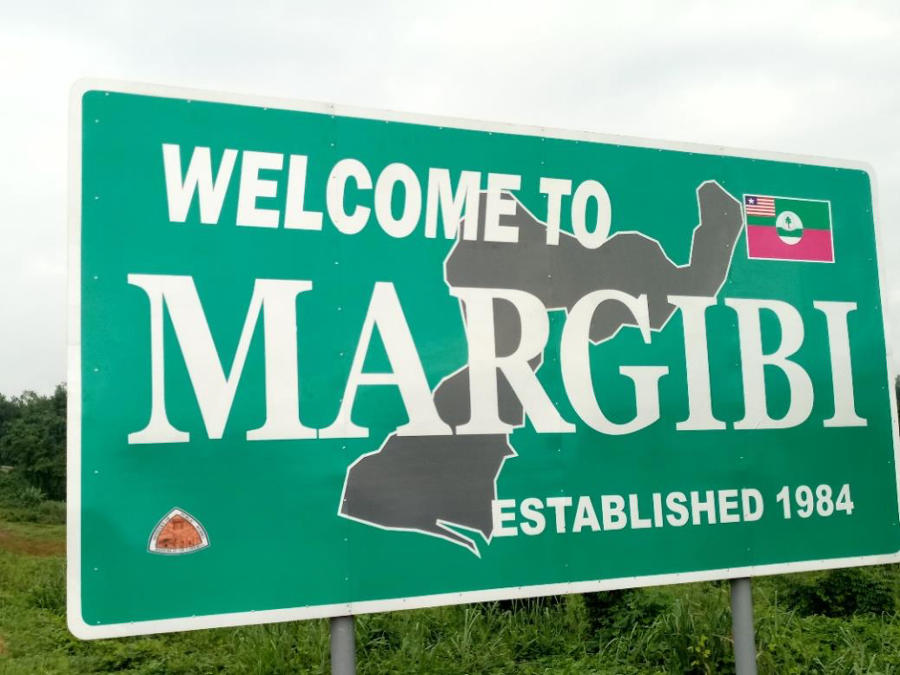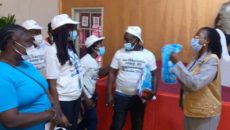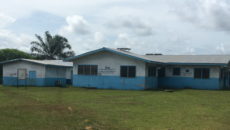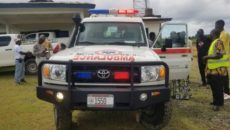KAKATA, Margibi – To combat the growing threat of HIV/AIDS in Margibi, the National Aids Commission, in partnership with the Margibi County Health Team, has ended a week-long training of 45 peer educators who will conduct one-on-one community awareness to encourage the youth to get tested.
The peer educators are mostly adolescents who are expected to serve as messengers to encourage other young people to get tested and if positive, to seek treatment early.
Montserrado, Margibi, and Grand Bassa are rated as the three most HIV infectious counties in Liberia and the deployment of the peer educators is one of the strategies the National Aids Commission and the county are putting in place to reduce the fast-growing HIV infection rate.
According to statistics from the National Aids Commission, 43,200 persons are living with HIV in Liberia and Montserrado, Margibi, and Grand Bassa account for about half of those living with HIV in Liberia.
Statistics from the Margibi County Health Team reveals that about 4,097 persons are living with HIV in the county. The county said 462 of those living with HIV know their status and 377 of those aware of their positive status are on treatment. However, 3,635 persons living with the virus do not know their status and might be unknowingly infecting others.
In a word of caution to the peer educators, Margibi’s county health officer, Dr. Myers Pajibo, said the peer educators’ job is not just to raise awareness about the virus but to also encourage the youth to get tested and know their status, which will be a better means of fighting against HIV in the county and Liberia at large.
“Sometimes you have to talk to some over and over – not just tell them about HIV but to do their test and know their status,†Pajibo noted.
The National Aids Commission’s deputy commissioner for decentralization, Theodosia Kollie, said training young people to engage their peers was an important way to fight the spread of HIV as teenagers were among the most vulnerable groups infected by the virus.
Kolee said the National Aids Commission is doing everything to make sure Liberia meets the global target that proposes to have at least 90 percent of all people living with HIV diagnosed, at least 90 percent of them on antiretroviral therapy, and at least 90 percent of the virus load suppressed by 2020.
Achieving the 90-90-90 target by 2020 would lead to a 90 percent reduction in HIV/AIDS morbidity and mortality and a 90 percent decrease in new HIV infections by 2030.
Feature photo by Emmanuel Degleh



